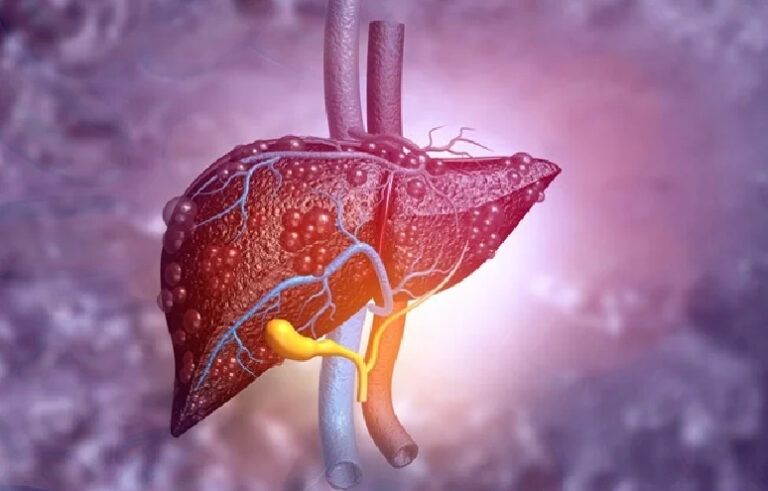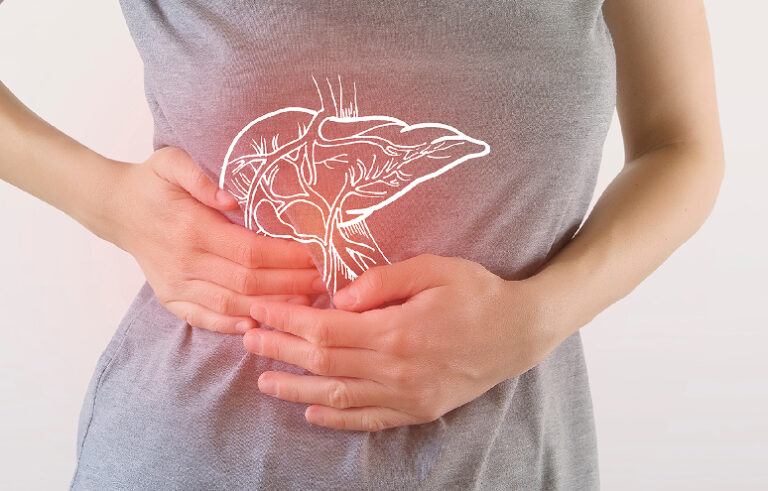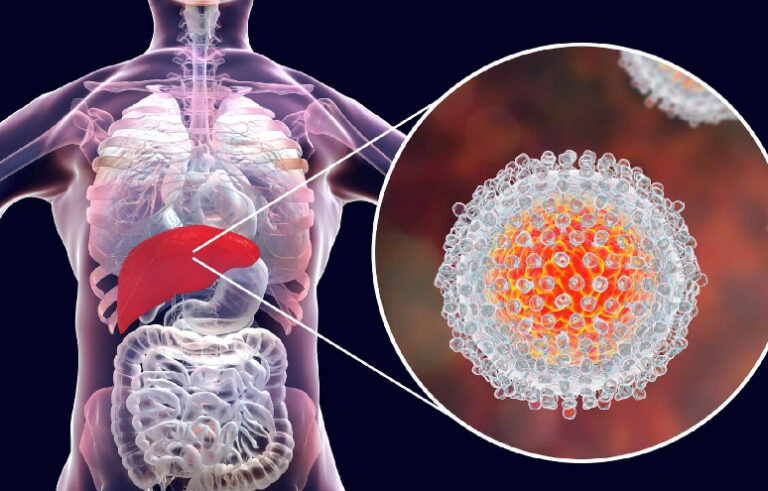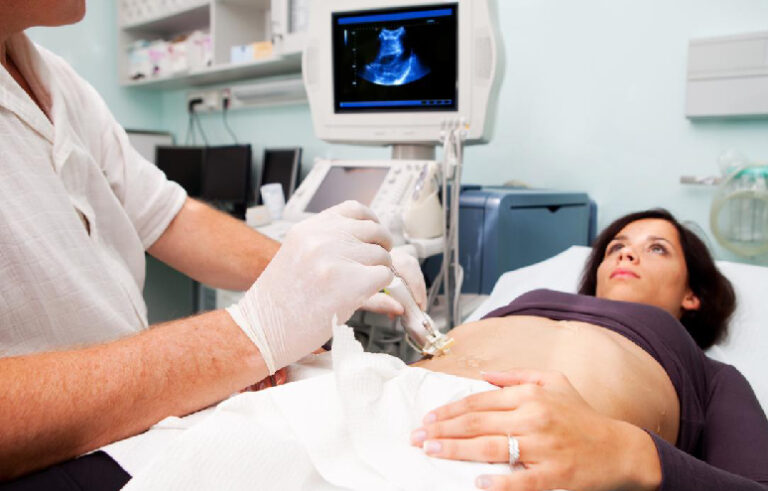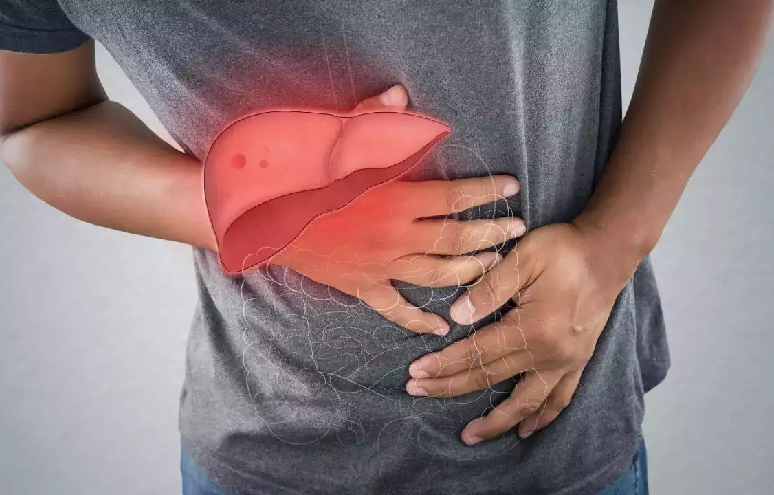A liver transplant is an operation that replaces a patient’s diseased liver with a whole or partial healthy liver from another person.
Your liver does a lot of things that keep you healthy. It turns nutrients into chemicals your body needs. It filters out poisons.
Liver cirrhosis represents the end stage of progressive liver damage, characterized by the replacement of normal liver tissue with scar tissue.
Chronic liver disease refers to progressive liver damage and dysfunction that persist over time, leading to structural changes.
NAFLD encompasses a spectrum of liver conditions characterized by the accumulation of fat in the liver in individuals.
Complications of chronic liver disease refer to the various adverse outcomes that can arise as a result.
Acute liver failure is a life-threatening condition characterized by the rapid deterioration of liver function in individuals with little liver disease.


